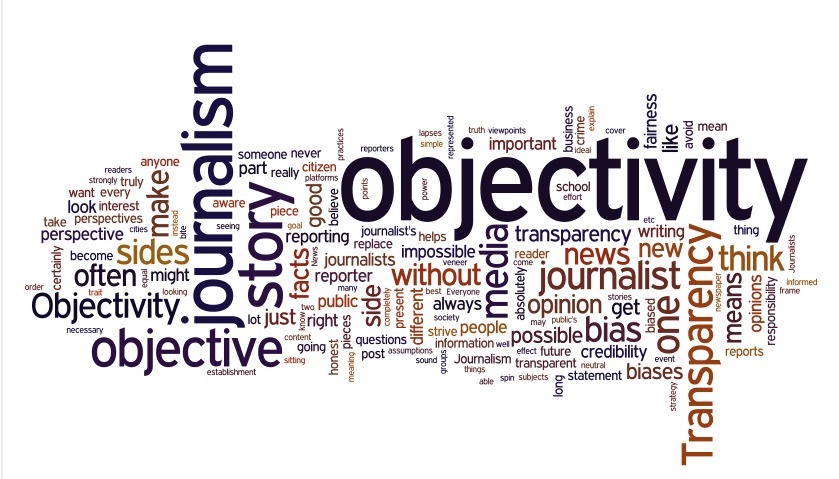Human emotion is a funny thing, especially when you’re a journalist.
When I wrote the article concerning House Bill 182, I could feel my jaw drop as I read through the legislation. It states that a pregnant woman who is seeking an abortion must be informed by her doctor that she has a right to view an ultrasound, 24 hours before the procedure.
To me, it seemed as if this bill was one step closer to the more intense heartbeat bills that have been proposed across the country. To me, it was one more way the government was trying to forcefully tell women what they can and cannot do.
I couldn’t tell the story how I wanted to. I couldn’t say that this bill could prepare the setting for an even harsher abortion bill in the future.
Instead, I had to grit my teeth, put my emotions and opinions to the side, and tell the story from all sides.
Staying objective means meeting with someone who is pro-life and keeping my opinion to myself. It means smiling and nodding along as they speak.
Being objective is when you can distance yourself from what the person is saying.
Objectivity becomes difficult when you’re speaking on the phone with a pro-choice volunteer, and she’s telling you a story about how a young girl ended up pregnant and needed an abortion. It means that I can feel myself become emotional as the volunteer speaks.
Being human is letting my throat tighten with unsaid emotion.
The first thing professors will tell you in any journalism class is that objectivity is part of the game. Over and over they tell you to separate yourself from the story.
Professors, however, don’t tell you what to do when your initial reaction to a story is so strong that you doubt your ability as a journalist.
One thing’s for sure: objectivity sucks when you’re empathetic.
Human emotion is natural and journalists learn to block the emotion as they report. Journalists are able to tell the story from all angles and let the public decide for itself what its opinion will be.
I would like to think that journalists are not unfeeling robots, however.
Instead, I want to think that journalists address their feelings when writing the story and then let them go. They understand the initial reaction and then go on reporting the story.
In the future, I expect my objectivity will be constantly challenged. But maybe that’s what makes for the best stories. When you can figure out the underlying emotions and build the story around it.



